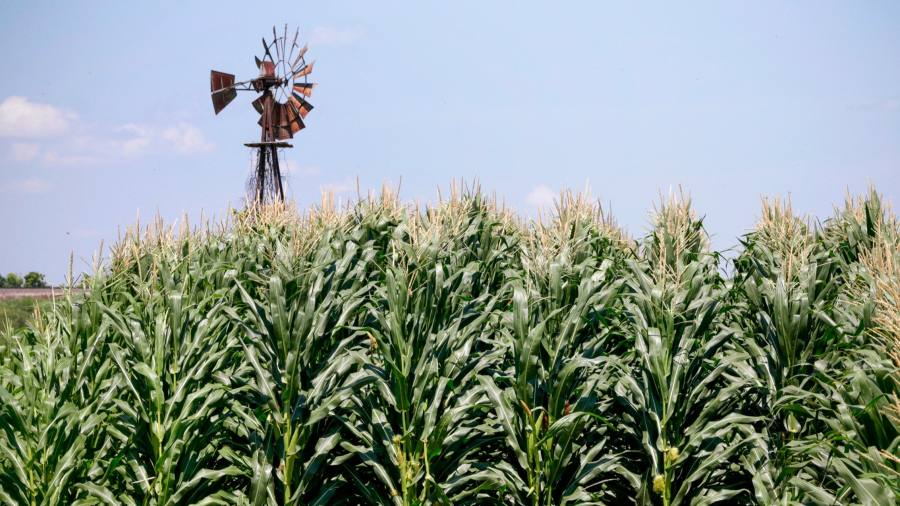Bunge has worked hard to get its balance sheet in shape. Under Greg Heckman, who took over as chief executive in 2019, the US grains trader has cut debt, shed underperforming assets and improved earnings and returns.
Now it is ready to flaunt its beach body. It is buying rival Viterra for $18bn, including debt. The cash and shares deal will transform it into one of the world’s biggest agricultural commodities trading houses. The combined revenues of the pair, which totalled $140bn in 2022, would put it in the same league as industry leaders Cargill and Archer Daniels Midland.
The strategic logic of buying Viterra is hard to fault. Assets are complementary. Bunge is the world’s biggest oilseed processor. Viterra is a big grain buyer and exporter. Joining forces brings vertical integration and plenty of cost savings. Both groups are benefiting from the boom in renewable diesel and conflict-induced jumps in prices for oilseeds and grains.
Bunge’s judicious offer values Viterra at 8.6 times enterprise value to ebitda. That compares with 6 times for Bunge itself but lower than ADM’s multiple of 10 times.
A 140 per cent share price rise over three years has given Bunge a handy takeover currency. Viterra’s owners — Glencore, Canada Pension Plan Investment Board (CPPIB) and British Columbia Investment Management — will receive about 65.6mn shares of Bunge stock, valued at approximately $6.2bn and about $2bn in cash. The latter would be covered by the $250mn in cost savings forecast three years post-closing.
Bunge’s financial discipline means it should be able to assume Viterra’s $9.8bn debt with little strain. The debt to ebitda ratio is expected to stay under 2 times. S&P has raised its rating on Bunge.
Regulators may yet stop Bunge from showing off a ripped new physique. Might this deal reduce competition to buy farmers’ crops? Expect antitrust scrutiny from governments in the US, Brazil, Argentina and even China. Bunge may yet end up having to put its shirt back on.
Read the full article here




